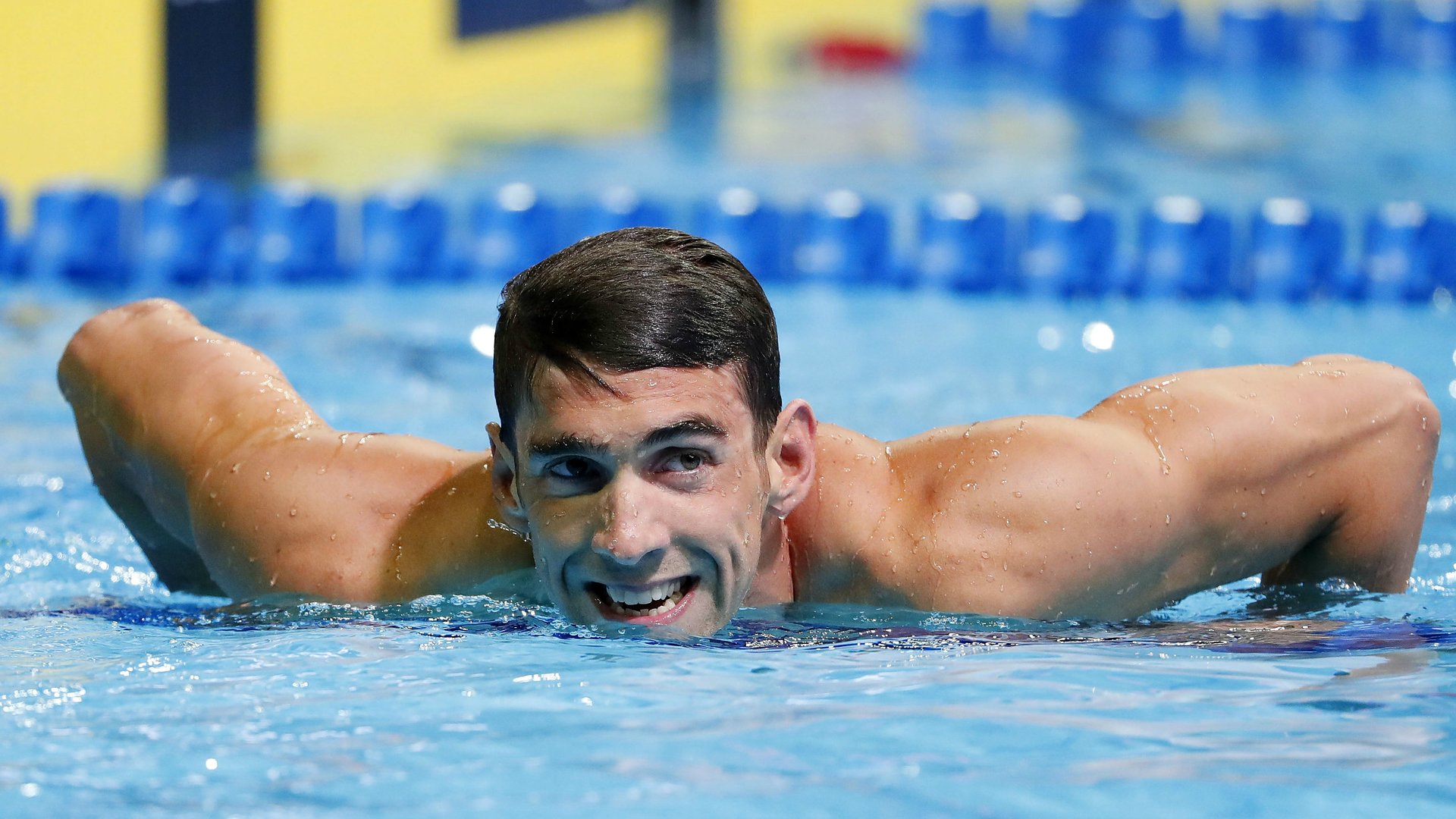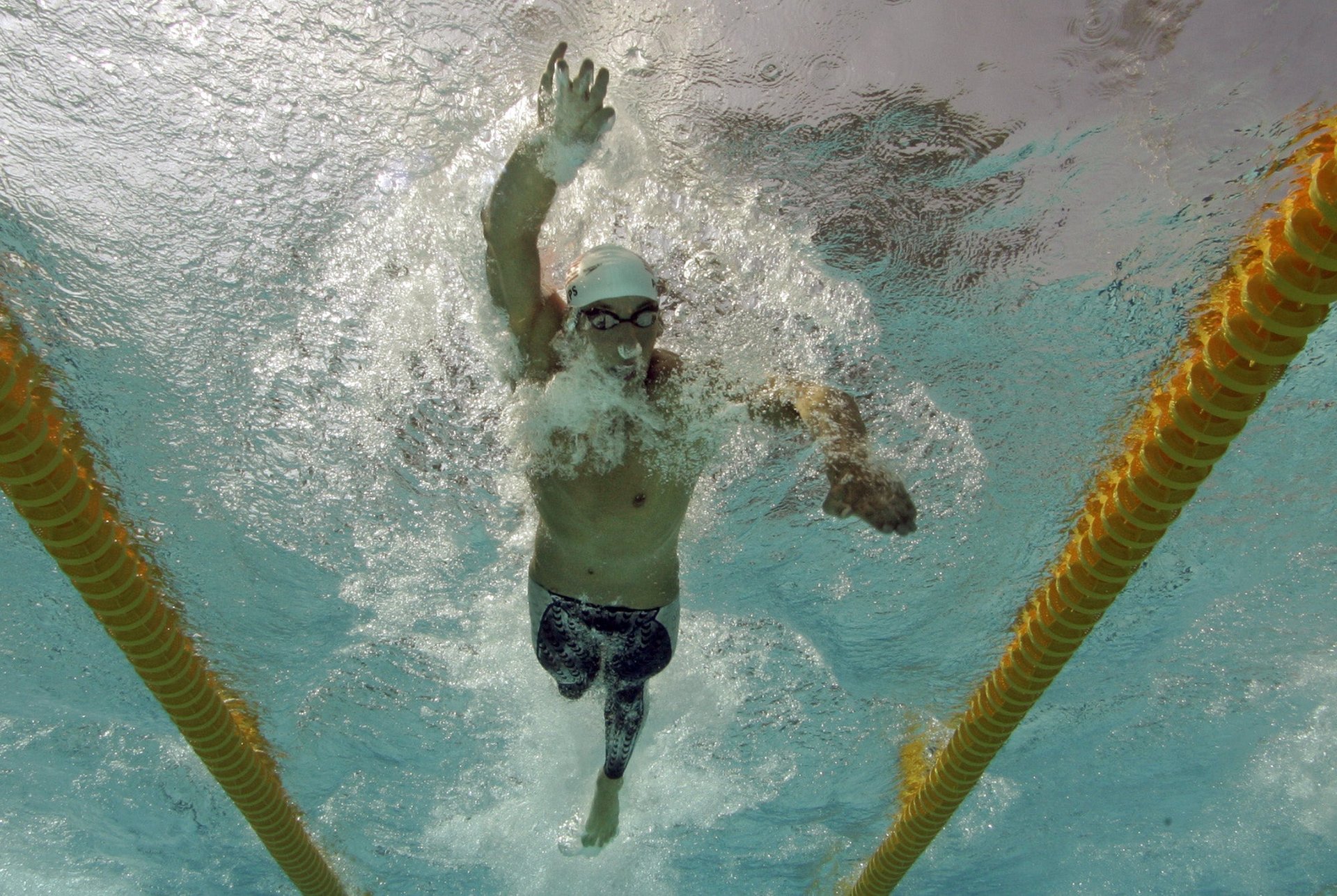Michael Phelps is headed to the Rio Olympics with a new superpower: vulnerability
The first time many of us heard about swimmer Michael Phelps was in 2004, when the American swimmer was headed to his second Olympics. At 19, Phelps was described as something of a merman: a superhuman in the water, but awkward and imperiled on land.


The first time many of us heard about swimmer Michael Phelps was in 2004, when the American swimmer was headed to his second Olympics. At 19, Phelps was described as something of a merman: a superhuman in the water, but awkward and imperiled on land.
After winning 22 Olympic medals in butterfly, freestyle, individual medley, and relay events, he became the most-decorated Olympian of all time. But there were also two DUI arrests, a widely circulated photograph of Phelps with a bong, and drinking binges. After the 2012 Olympics, Phelps attempted to retire, only to find his attention deficit hyperactivity disorder (ADHD) aggravated without vigorous training to sap his energy.

In 2014, Phelps spent a 45-day stint in an Arizona rehab facility. Now, 31 and a new father, Phelps is not only back from retirement, he seems stronger than ever—in the water and on land. Just this week, he qualified for the 2016 Rio Olympics, winning the 200-meter butterfly race, and becoming the first male swimmer to go to five Olympics.
But unlike in 2012, Phelps seems armed with a strength he never had in years prior: vulnerability. In recent years, thanks in part to an extremely popular TED talk by research professor Brené Brown, the quality has become more popularly understood as a strength—the courage to open oneself to connection with other people—rather than a weakness. It seems to have given Phelps healthy perspective in his run-up to Rio in 2016.
During his time in rehab, Phelps’ coach, Bob Bowman, and New York Times reporter Karen Crouse observed Phelps connecting with other patients, and considering his life’s purpose beyond the pool. In April, The Today Show‘s Matt Lauer asked Phelps if the rehab was a PR stunt: “Did you check yourself into treatment because you had a drinking problem?” He asked. “Or because you had a public relations problem?”
“I checked myself in [to rehab] because I think I was at a point in my life where something needed to change,” Phelps told Lauer, of the experience. “I thought of myself as just a swimmer, and nobody else. I don’t know if it was like, afraid of just letting go and showing who I am, or what it was. And I finally I just was like, ‘You know what? Screw this. I’m not hiding behind anything anymore. I am who I am.'”
Phelps has said in interviews his only goal for the Rio Olympics is to retire without regrets—something he clearly wasn’t ready to do in 2012. He told Lauer he was training harder than he had in a decade, because this time, he really wants to be there. This week, we saw the results of that.
Phelps still looks like a superhuman in the water. But now, he seems like he’s just ready to be human—almost.